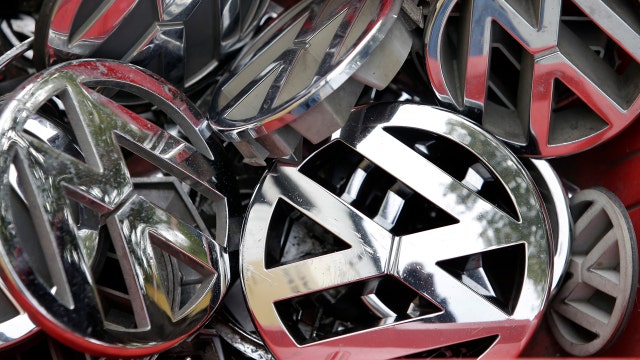Volkswagen Scandal Turns Spotlight on BMW, Others
Volkswagen’s admission of skirting U.S. emissions laws has turned the spotlight on other companies that manufacture diesel-powered vehicles.
BMW got wrapped up in the Volkswagen scandal on Thursday after Auto Bild, a German magazine, reported that the luxury automaker’s X3 crossover emits 11-times more nitrogen oxides than European law allows. According to Auto Bild, X3 emissions were tested by the International Council on Clean Transportation, which worked with West Virginia University to discover the discrepancies with Volkswagen diesels.
BMW hit back at the report. In a statement, the company said it does not “manipulate or rig” tests that evaluate a vehicle’s emissions levels. BMW also said it follows local testing requirements, adding that it will ask ICCT for details about the group’s testing method.
ICCT has targeted diesel emissions before with reports that 32 cars in Europe spanning 10 different brands emit an average of double the maximum amount of nitrogen oxides.
Following the Volkswagen news, U.S. regulators said they would expand their investigation to include diesel cars from other automakers. European officials also are looking into the matter.
Volkswagen could be facing an $18 billion fine if all 482,000 potentially affected vehicles in the U.S., including the Jetta, Passat and Audi A3, are violating emissions regulations. All of the cars were sold beginning in 2008. Meanwhile, Volkswagen has identified 11 million vehicles worldwide that also feature software designed to skirt emissions rules. The company has allocated approximately $7 billion to cover the cost of servicing those diesel cars.
CEO Martin Winterkorn resigned, and Reuters reported that Porsche chief Matthias Mueller has the support of a majority of Volkswagen’s board. A meeting is scheduled for Friday in Germany.
The U.S. Environmental Protection Agency revealed last week that Volkswagen’s software can detect when a vehicle is undergoing an emissions test and activate the system that cleans diesel exhaust. Once the cars return to the road, the software turns off emissions control devices.
Car website Edmunds.com has advised current owners to wait for the company to develop a fix rather than attempt to sell their Volkswagen or Audi TDI vehicles. In the meantime, customers can continue to use their vehicles because there is no safety issue.
“It is in Volkswagen’s best interest to publicly address steps to fix this mess as soon as possible before it loses its customer base for good,” added Jessica Caldwell, director of industry analysis at Edmunds.




















